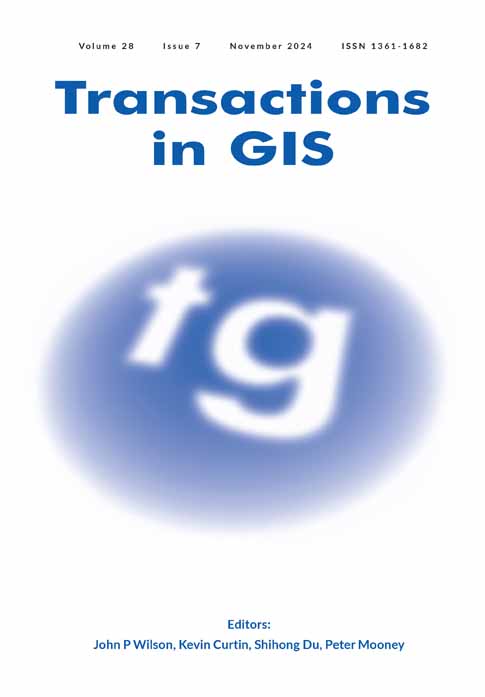Automated Generalization of Contour Cluster Considering Multi-Scale Structural Similarity Relations
Funding: This research was supported by the National Science Foundation Committee of China (Grants 41930101 and 42301512), and the APC was funded by Science and Technology Project of Gansu Province (Grant 22JR11RE190).
ABSTRACT
Unlike the simplification of individual lines, the generalization of contour clusters oriented to geographical features is a structured generalization behavior that extracts knowledge of geographical features form the perspective of spatial cognition. In decision level, terrain generalization is essentially a similarity transformation between the geomorphic structures corresponding to multi-scale contour cluster. However, the multi-scale structural similarity relations are not directly connected with the application of contour generalization. Therefore, this paper presents an automated method for terrain contour structured generalization considering multi-scale structural similarity. Firstly, a drainage tree structure is constructed from contour lines to establish associations between valley branches and contour bends. Then, the quantitative relationships between multi-scale structural similarity and map scale changes are explored using an indirect quantitative expression method. Finally, the contour structural generalization is fully automated through iterative optimization principle based on the multi-scale structural similarity relations. The experiment results demonstrate the rationality and feasibility of fully automating the contour generalization process based on multi-scale geomorphic structural similarity relations. And the proposed method not only overcomes the challenge of determining “how much to select” in map generalization, but also is valuable for enriching the content of spatial similarity relations and map generalization, thereby providing a theoretical method system and support for the construction of national basic vector databases.
Conflicts of Interest
The authors declare no conflicts of interest.
Open Research
Data Availability Statement
These datasets at various scales (1:10,000, 1:50,000, 1:100,000, and 1:250,000) are available in vector format from the National Geomatics Center of Gansu (NGCG), China. And part of the large scale datasets, such as 1:10,000, are confidential.




